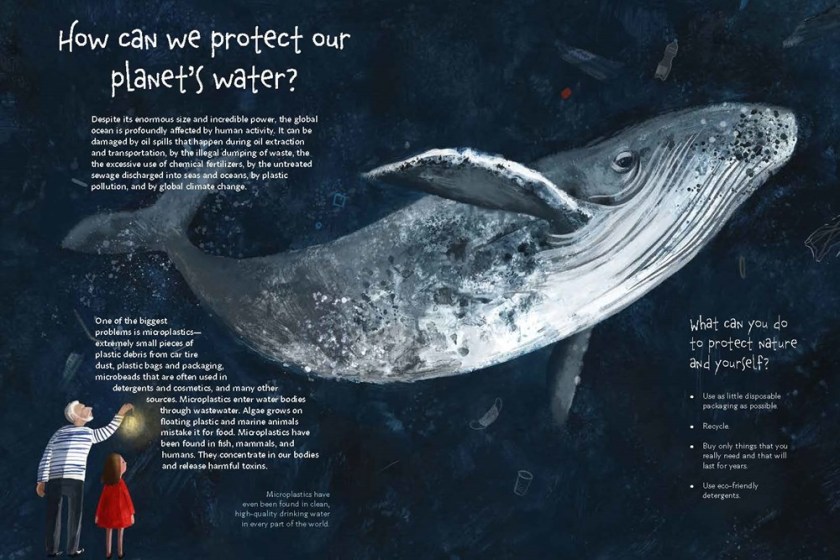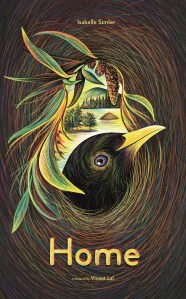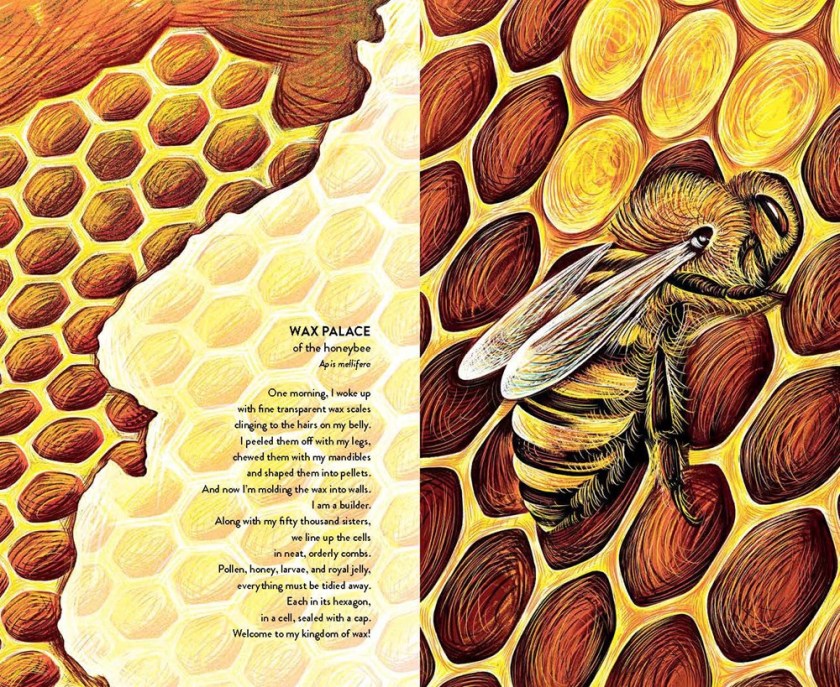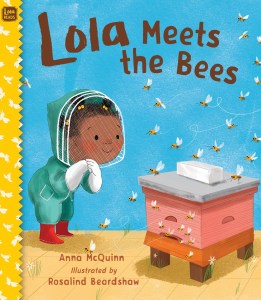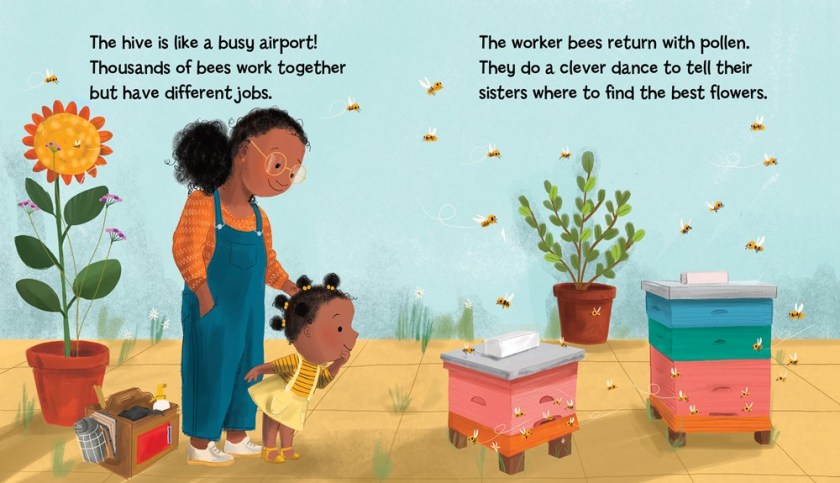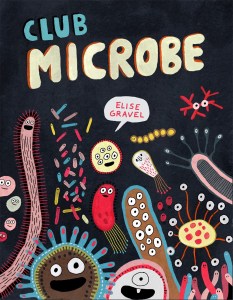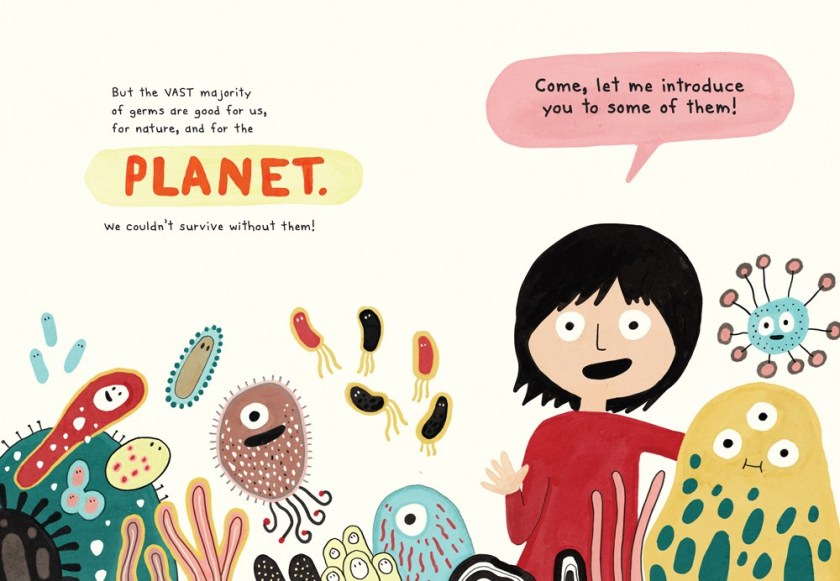What’s AANHPI? It’s Asian American, Native Hawaiian, and Pacific Islander Heritage Month, and May’s dedicated to recognizing the contributions and influence of Asian Americans, Native Hawaiians, and Pacific Islanders have and continue to have on American culture and history. Here are some books to think about when putting together collections and displays.
 If Lin Can, by Richard Ho/Illustrated by Huynh Kim Liên & Phùng Nguyên Quang, (Apr 2024, Charlesbridge Publishing), $18.99, ISBN: 9781623543723
If Lin Can, by Richard Ho/Illustrated by Huynh Kim Liên & Phùng Nguyên Quang, (Apr 2024, Charlesbridge Publishing), $18.99, ISBN: 9781623543723
Ages 7-10
Posed as both a narrative and a series of thought-provoking questions, this picture book biography of basketball star Jeremy Lin touches on the obstacles Lin encountered on his way to becoming the first Taiwanese American to play in the NBA and inspiring “Linsanity” among fans. The story emphasizes Lin’s perseverance over racism and those who underestimated him, paralleled with Asian-presenting children encountering similar obstacles and connecting with Lin, who they see on TV or in the newspaper: “Have you ever tuned in to a radio, / turned on a television, / or opened a newspaper, / and discovered someone who looks like you?” Liên and Quang’s expressive illustrations show Asian-presenting children being ignored or bullied by light-skinned children, adjacent with Lin’s similar experiences. An inspiring addition to sports biographies and picture book biographies.
Read more about Jeremy Lin at the Jeremy Lin Foundation webpage, his Basketball Reference page, and his Instagram.
 Archie Celebrates an Indian Wedding, by Mitali Banerjee Ruths/Illustrated by Parwinder Singh, (Apr 2024, Charlesbridge Publishing), $17.99, ISBN: 9781623544188
Archie Celebrates an Indian Wedding, by Mitali Banerjee Ruths/Illustrated by Parwinder Singh, (Apr 2024, Charlesbridge Publishing), $17.99, ISBN: 9781623544188
Ages 4-8
The second Archana (her nickname is Archie) story focuses on Archie and her family preparing to celebrate her Uncle Poppy’s wedding to Julie. Archana, an Indian girl, helps acclimate Julie’s niece Emma, to the excitement of an Indian wedding and helps calm Julie. Emma is a stand-in for the reader, who Archie guides through the wedding celebration, explaining food, clothing, henna painting, and customs like the ceremony and stealing the groom’s shoes. Vibrant art captures the lively atmosphere, and Emma and Archie become friends as they become cousins after the wedding. A fun additional purchase for picture book collections, Archie Celebrates an Indian Wedding is the companion to Archie Celebrates Diwali (2021). An author’s note about Indian weddings and a glossary complete the book.
Raising World Children has more fun facts about Indian weddings.
Other books to display/read/purchase:
Continental Drifter, by Kathy MacLeod,
(Apr. 2024, First Second), $14.99,
ISBN: 9781250813749
Fried Rice & Marinara, by Mike Yam/Illustrated by Laura Dong,
(Apr. 2023, VOOK Books), $17.99,
ISBN: 9781737726951

Pie in the Sky, by Remy Lai,
(May 2019, Henry Holt & Co), $21.99,
ISBN: 978-1-250-31410-9

Jhupli’s Honey Bee Box, by Achintyarup Ray/Illustrated by Shivan Choudhary
(Oct. 2023, Amazon Crossing Kids), $17.99,
ISBN: 9781662514678

Anni Dreams of Biryani, by Namita Moolani Mehra/Illustrated by Ghaaya Prabhat,
(Sept. 2022, Two Lions), $17.99,
ISBN: 9781542030410





